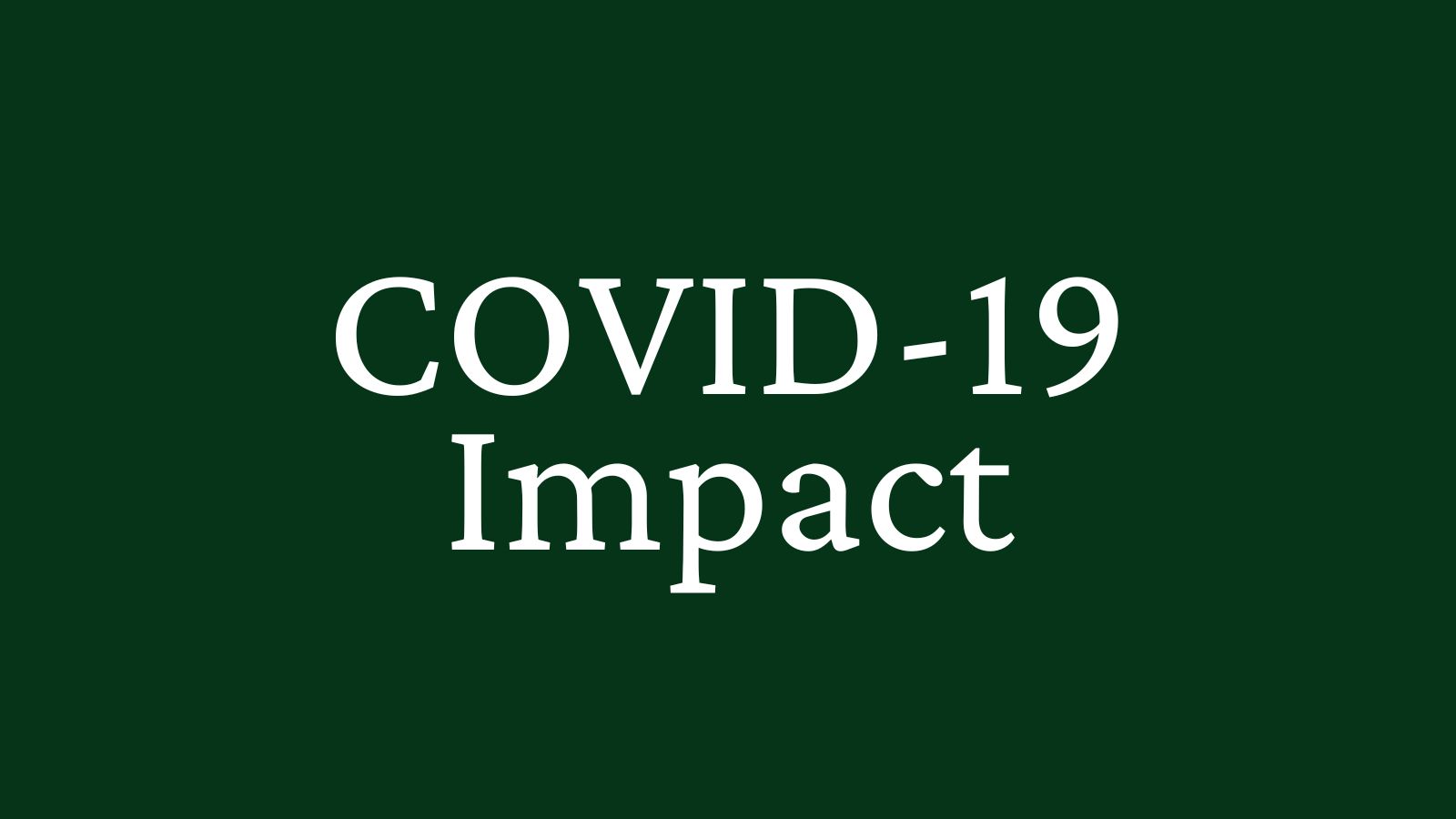Singapore has announced that the country is exiting the acute phase of the COVID-19 pandemic and establishing an endemic COVID-19 new norm. The population has developed a high level of hybrid immunity and is well protected from severe COVID-19. The risk of COVID-19 infections leading to severe illness or death has become very low, comparable to other endemic respiratory diseases, such as influenza or pneumococcal infections. As a result, from February 13, 2023, the country will step down the remaining few COVID-19 measures and adjust its measures when necessary. The Disease Outbreak Response System Condition (DORSCON) level will be adjusted from Yellow to Green, and mask-wearing on public transport and indoor healthcare and residential care settings will no longer be required under the temporary COVID-19 regulations. However, the Ministry of Health (Link) will retain the practice of mask-wearing for visitors, staff, and patients in healthcare and residential care settings, where there is interaction with patients and in indoor patient-facing areas. Let us briefly ponder on the impact of Covid-19 on Singapore real estate market.
The COVID-19 pandemic has unleashed an unprecedented storm of disruption across global economies, and Singapore’s real estate market is no exception. The once-thriving property sector, known for its stability and resilience, now finds itself at a critical crossroads as it confronts the profound impact of this unparalleled crisis.
In the initial stages of the pandemic, Singapore’s real estate market faced an abrupt and jarring slowdown. With the imposition of strict measures and the enforcement of social distancing protocols, property transactions came to a grinding halt. Showrooms stood empty, property viewings were put on hold, and the once bustling real estate landscape transformed into an eerie ghost town.
The pandemic’s shockwaves reverberated through every segment of the market, from luxury properties to public housing. Potential buyers and investors, gripped by uncertainty, adopted a cautious stance as job security and economic prospects faltered. Overnight, the real estate landscape became clouded with doubt, as individuals and corporations reassessed their financial positions and investment strategies.
However, as Singapore’s government swiftly implemented comprehensive measures to support the economy, green shoots of recovery began to emerge. Ultra-low interest rates, fiscal stimulus packages, and innovative policies breathed life back into the market, stimulating demand and reigniting buyer confidence.
The pandemic also acted as a catalyst for profound changes in buyer preferences and the way real estate transactions are conducted. Virtual property tours, digital marketing campaigns, and remote document signings became the new norm, as agents and developers harnessed the power of technology to adapt to the challenges of social distancing.
As the dust settles, certain trends have emerged amidst the chaos. The luxury property market has witnessed a resurgence, with high-net-worth individuals seeking secure investments amidst market volatility. At the same time, the rental market faced headwinds, as travel restrictions curtailed demand from expatriates and the gig economy contracted.
Singapore’s government played a pivotal role in mitigating the pandemic’s fallout on the real estate sector. Relief measures, such as the extension of project completion timelines, temporary adjustments to property tax deadlines, and the provision of financial assistance, acted as a vital lifeline for both buyers and sellers, offering much-needed respite during these challenging times.
Looking ahead, the path to recovery remains uncertain. Factors such as the global economic landscape, vaccination rates, and the easing of travel restrictions will shape the trajectory of Singapore’s real estate market. The industry is poised to adapt to the new normal, with digitalization and sustainability taking center stage, while policy interventions will continue to strike a delicate balance between supporting the market and ensuring long-term stability.
As Singapore traverses uncharted waters, the resilience and innovation of its real estate sector will be put to the test. Adapting to the challenges of a post-pandemic world, forging new strategies, and reimagining the future of real estate will be critical for stakeholders seeking to navigate these turbulent times.
